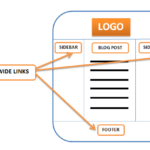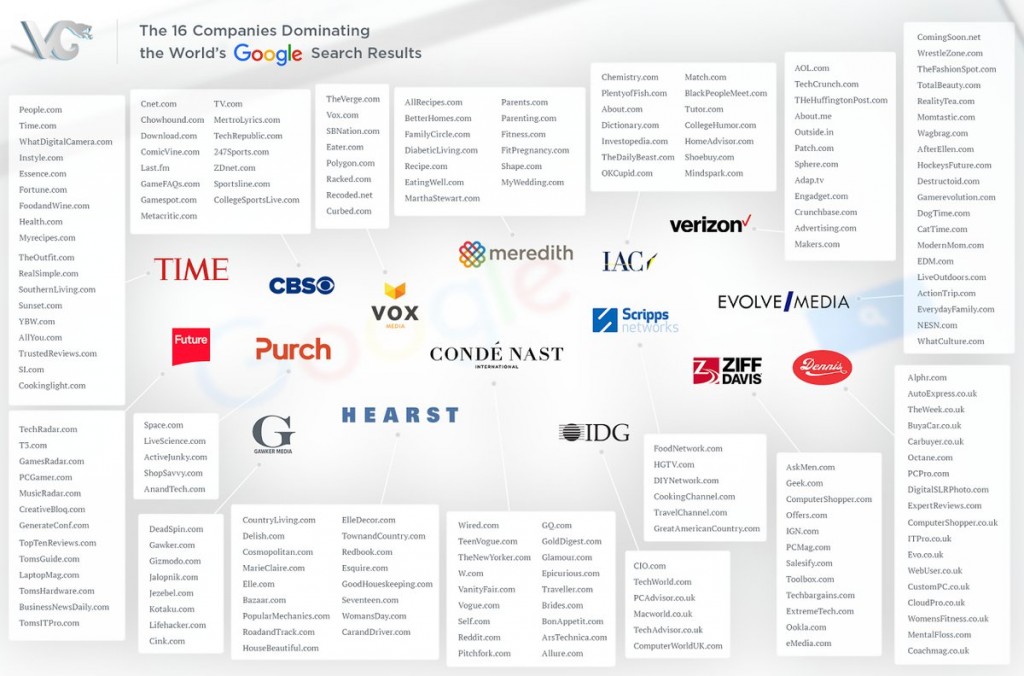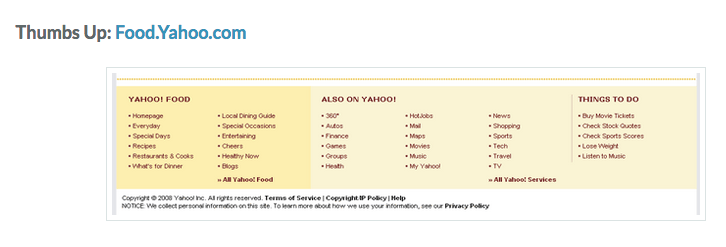According to online marketing expert and SEO guru, Mike Grehan, on a topic related to search engine rankings, he explained that sites ranked high on Google tend to maintain their current positions. He applied the term “the rich get richer” to describe this situation during an interview with the co-founder of Emperical proof, Chris Lake.
In this article, we are going to explain why this is the case.
One contributing factor is discoverability of the site.
A writer conducting a search on Google in most cases is likely to click on the top result before trying to get information from the other bottom results. In the event that the webpage correctly and fully answers the researcher’s questions, it is possible to gain a citation in that writer’s article. Such a citation has the impact of strengthening that webpage’s position.
In terms of search positions, the rich get richer. This is with reference to an exhaustive post authored by Glen Allsopp (Viperchill.com).
The rich in this context are major publishing groups.
One contributing factor is discoverability of the site.
A writer conducting a search on Google in most cases is likely to click on the top result before trying to get information from the other bottom results. In the event that the webpage correctly and fully answers the researcher’s questions, it is possible to gain a citation in that writer’s article. Such a citation has the impact of strengthening that webpage’s position.
In terms of search positions, the rich get richer. This is with reference to an exhaustive post authored by Glen Allsopp (Viperchill.com).
The rich in this context are major publishing groups.
The means by which they are achieving higher search engine rankings is by cross-linking to existent and fresh websites, from body copy and footers which are “constantly altered”.
This strategy is not horrifically wrong, but there is some risk in making adjustments to links often, particularly when the anchor is not something related to the site’s brand name.
As Glen pointed out, for anyone who has implemented search engine optimization techniques and strategies over a long period of time, getting many sitewide links within a short timeframe should raise a red flag to search engines’ webspam team.
There are interesting conclusions made from Glen’s posts that show that Google seems to not only reward this kind of conduct but also puts up with it.
Hearst is one of the sites that were found to be taking part in this kind of behavior. This site was discovered to be linked to a freshly launched website, BestProducts, from its listing of authority websites. This portfolio includes the likes of Bazaar and Cosmopolitan.
The use of this strategy rewarded the new site in a striking way
Have fun in footerland
Below are screenshots. Note that in March, the anchor text was ‘Style Reviews’.

The second screenshot below was taken later. The link text changed to ‘Beauty Reviews’. Another thing to note is that the link placement was also altered.
Sidenote: here is the HTML code to use it wisely on footer link


If we assume that these links are dofollow, they have the potential to attract the feared manual penalty for some site owners.
Clearly, these links were changed by design rather than by accident.
The question to ask ourselves is; did the applied strategy work?
Findings
According to Glen, the strategy worked astonishingly well. He estimates that Best Products attracted not less than 600,000 organic referrals from Google in April 2016.
Below is a list of positions that Best Products has bragged about in just over half a year, since it was launched.
Their Top Keywords According to SEMRush
Some of those incredible rankings they’ve achieved include:
- hairstyles: 11th (450,0000 searches per month)
- short hairstyles: 7th (301,000 searches per month)
- best wireless earbuds: 1st (22,200 searches per month)
- short haircuts: 9th (301,000 searches per month)
- best running shoes for women: 1st (18,100 searches per month)
- bluetooth speakers: 11th (165,000 searches per month)
- lighted makeup mirror: 1st (14,800 searches per month)
- best makeup brushes: 1st (14,800 searches per month)
- haircuts: 7th (165,000 searches per month)
- short haircuts for women: 6th (110,000 searches per month)
Outstanding, right? It’s is easy to spot some very broad terms there.
Glen considers the following 16 companies, as well as the brands they own, dominate Google’s results.

There is a possibility that where major brands own hundreds of sub-brands, there is application of similar tactics.
Is This Conduct Acceptable?
The question here is not whether Hearst and its equals are outsmarting Google with their clear site wide link tactic, nor whether the tactic is reliable in the long term. It is solely to figure out whether Google comprehends related entities.
Can Google really identify that these sites are linked together by the same parent company? And is this a tactic that Google deems acceptable?
We know for a fact that if a site was flagged for a manual action, the webspam team can definitely spot that one site is linked to another. Does this mean that Google turns a blind eye to this kind of conduct?
Back in 2014, this is what Matt Cutts had to say about related sites:
“If you have 50 different sites, I wouldn’t link to all 50 sites down in the footer of your website, because that can start to look pretty spammy to users. Instead you might just link to no more than three or four or five down in the footer, that sort of thing, or have a link to a global page, and the global page can talk about all the different versions and country versions of your website.”
“If you’ve got stuff that is all on one area, like .com, and you’ve got 50 or 100 different websites, that is something where I’d be really a lot more careful about linking them together.”
“And that’s the sort of thing where I wouldn’t be surprised if we don’t want to necessarily treat the links between those different websites exactly the same as we would treat them as editorial votes from some other website.”
It is important to note that Matt talks about links to other sites, not “links with descriptive and ever-changing anchor text”, which are two different things.
Drop Hub Pages and Instead Launch Hub Sites
Internal linking is more powerful when there is a distinct strategy in place. You have to study the systematic and usual vocabulary beforehand. The path created should reflect the main business goals and should be suited for your visitors.
Even with all that in mind, it still takes a solid authority site to pull this off. Thus…the rich get richer.
In the event that the strategy works in the long run, there are expectations to see a lot of niche sites achieving dramatic search engine rankings after being launched, as a result of cross-site linking with major publishing groups.
Takeaway Message
It is apparent that sitewide footer linking approach is a strategy that is working and we have not heard the last of its story. We can conclude that the power of links in setting a site on the map cannot be underestimated.
If you liked this post share it with friends and also leave your thoughts below.





